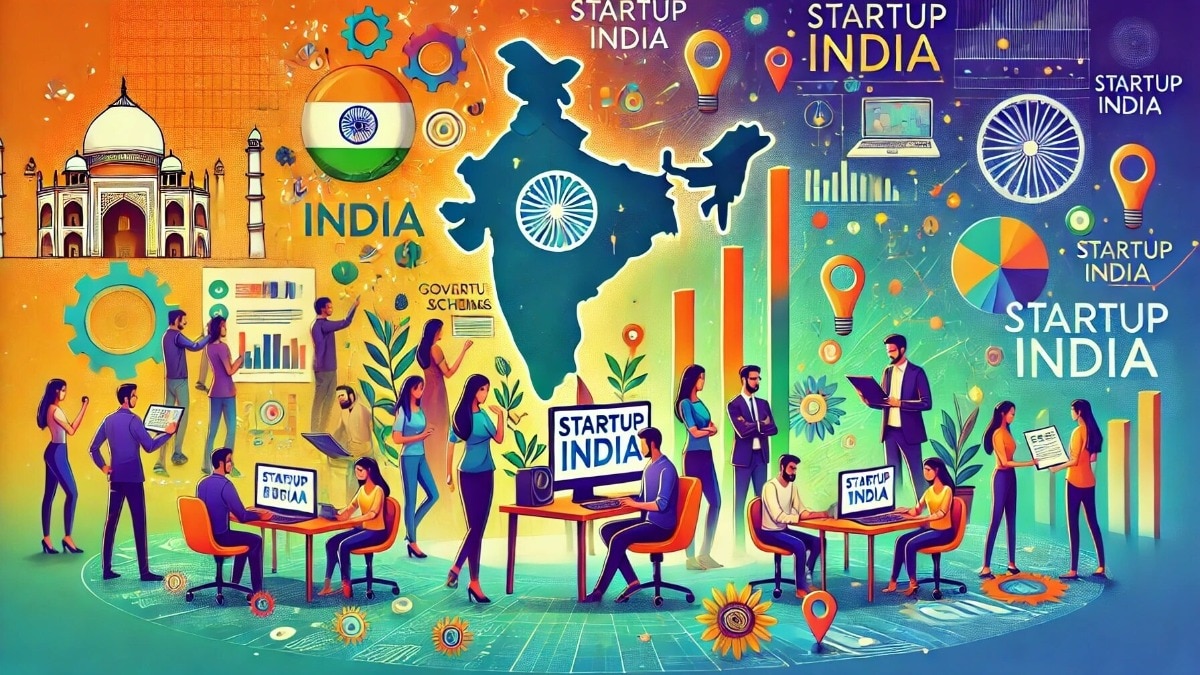Bangalore’s long-held dominance as India’s startup capital may no longer be guaranteed, according to Tej Pandya, Founder of Groweasy.ai.
In a LinkedIn post that has sparked widespread discussion, Pandya argued that the “monopoly” of Bangalore — once the undisputed hub for consumer internet startups — is weakening as the country’s entrepreneurial landscape diversifies.
“For 15 years, Bangalore was the default capital of Indian startups. If you wanted to build a consumer internet company, you had to be there. Even with crumbling infrastructure, no other city could match the talent pool, salary levels, and startup energy,” Pandya wrote.
However, he noted that the new wave of companies is shifting away from food delivery and e-commerce towards artificial intelligence (AI) and direct-to-consumer (D2C) brands. This transition, he argued, is paving the way for other cities to rise.
According to Pandya:
Chennai is poised to lead in AI, leveraging its strong SaaS ecosystem.
Pune and Noida could gain from their deep IT services background.
Gurgaon remains the frontrunner for D2C brands, thanks to its proximity to markets, manufacturers, and capital.
Hyderabad is also becoming a top choice for young professionals, with global capability centers (GCCs) offering competitive salaries and better livability.
“The network effect that once made Bangalore untouchable is finally breaking,” Pandya observed. “The real question is: in 2030, will Bangalore still be India’s startup capital, or will the crown quietly move to Chennai, Gurgaon, or Pune?”
The post attracted strong reactions from users. One commenter emphasised the need for multiple startup hubs: “We need more Bangalores, and Chennais, and Hyderabads, and Gurgaons. With 29 states, we should have at least 29 such centers.”
Others cautioned against writing off Bangalore too soon. “People keep predicting Bangalore’s ‘death.’ Yet all those predictions end up as exaggerations. Bangalore will continue to thrive, even if other cities rise in parallel,” another user said.
A third highlighted challenges like pollution in NCR and geopolitical risks, while acknowledging the growth potential of Hyderabad, Chennai, and Pune. “The Indian startup ecosystem needs diversification beyond Bangalore,” the user added.

